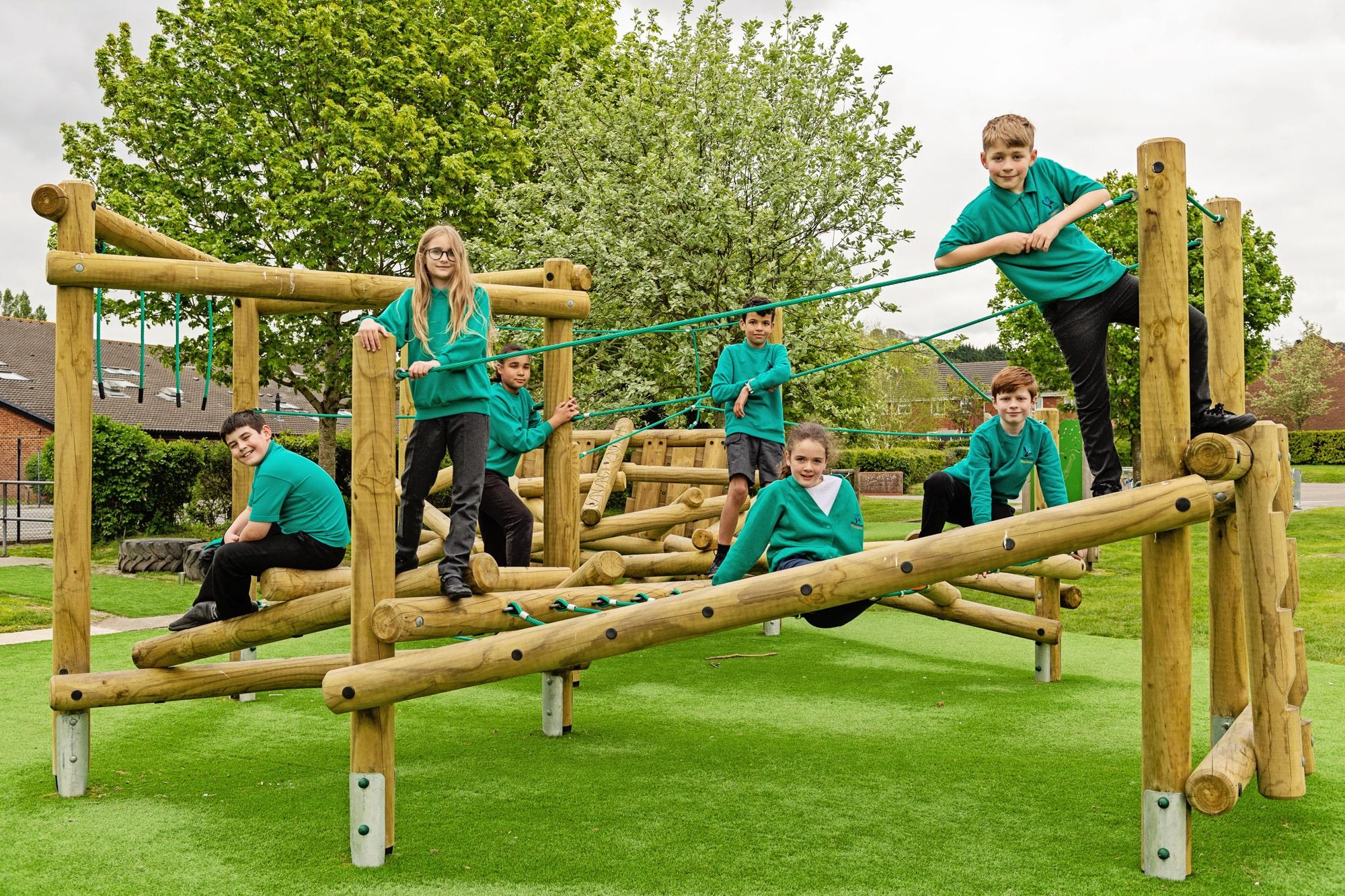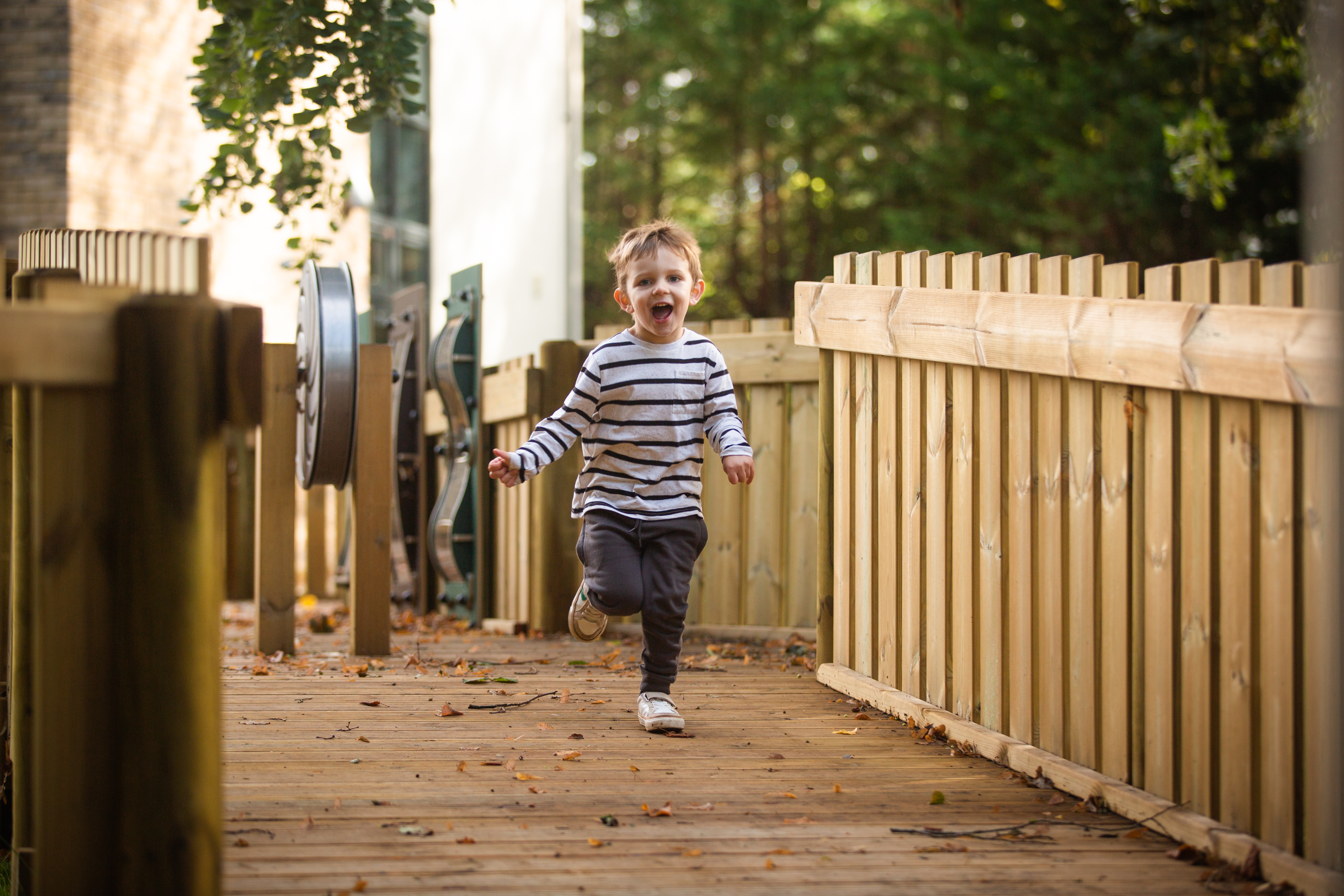When we speak of child development, the importance of mental health cannot be overstated. For parents, educators, and school principals in the UK, nurturing children's mental well-being serves as a pivotal goal. Amidst the plethora of strategies and activities aimed at this noble end, one timeless avenue stands out—play.
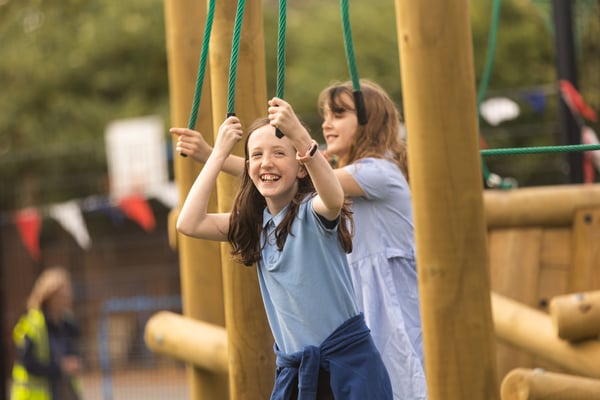
Passion for Play
Play is not just a childhood pastime; it's a foundational pillar for mental health growth. At dbdplay, we recognise that play is more than a simple pastime; it's a vital component of children's mental and emotional growth. We're dedicated to designing and constructing outdoor school playgrounds that not only entertain but also actively contribute to the holistic development of children. Join us as we delve into the powerful connection between play and mental well-being, and discover how this relationship can be leveraged to enrich the lives of our children.
The Power of Play in Mental Health
At first glance, play may seem synonymous with fun and games, but the scope of its impact is far-reaching. In the context of mental health, play is a natural, enjoyable, and unstructured activity, allowing children to employ their imaginations freely. Play provides children with unique opportunities to learn, grow, experiment, and develop confidence—a solid stepping stone towards a resilience.
Emotional Regulation and Expression
Through play, children learn to manage their emotions. Whether it's a game of make-believe that lets them 'be' the hero, or building a tower only to knock it down, play offers a safe outlet for a range of feelings. This self-regulation not only minimises the impact of stressors but also equips children with coping mechanisms that are vital for their mental health.

Social Skills and Empathy Development
In social play, where children interact with one another, they learn the invaluable etiquette of social engagement. They practice sharing, listening, taking turns, and understanding different perspectives, all of which are integral to the formation of healthy relationships. 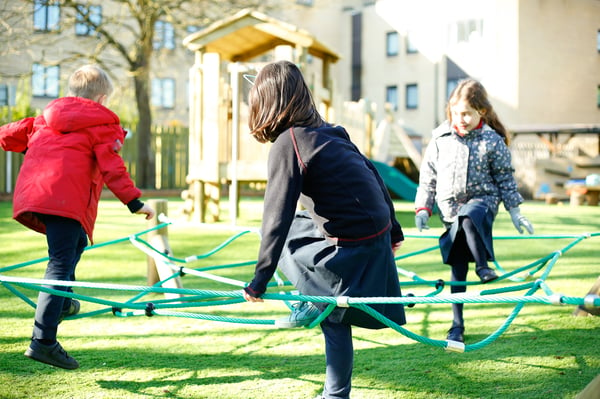
Cognitive Growth and Problem-Solving Abilities
Play stimulates the developing brain by encouraging problem-solving and critical thinking. Be it a puzzle, a strategic game, or simply playing house, the cognitive demands of play are diverse and conducive to growth. Children experience the joy of discovery, find new solutions and thus, foster a mindset that is receptive to learning and innovation.
Imaginative Play
Often synonymous with 'make-believe' or 'pretend play', this form of play allows children to wear different hats—both metaphorically and literally. Whether they're role-playing careers, imagining scenarios, or creating fantastic stories, the imaginative play is a fertile ground for creativity and emotional growth.
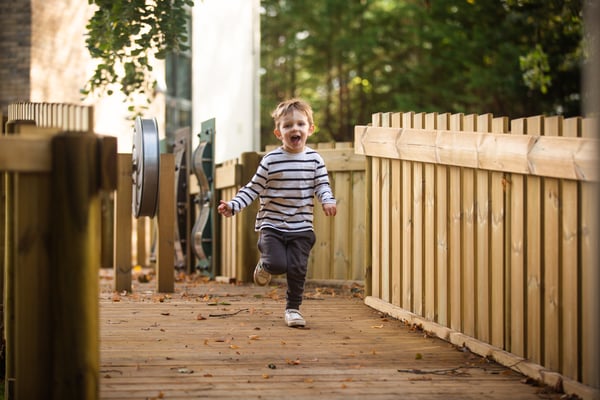
Physical Play
Physical play, encompassing everything from running to team sports, is crucial for the development of gross motor skills and the release of pent-up energy. This sporty side of play contributes to a child's sense of self through the evidence of their physical capabilities, thus bolstering their self-esteem and mental well-being.
Social Play
The playground is a social arena, and children are the stars of a drama played out every breaktime. Here they form and test friendships, learn the subtleties of communication, and discover the joys of camaraderie. Social play instills in them a sense of belonging and solidifies their social bonds, thereby enhancing their mental health.
Cognitive Play
From board games that require strategic thinking to puzzles that demand concentration, cognitive play sharpens the mind. Engaging in these activities, children learn to prioritise, strategise, and adapt—skills that are as beneficial in the playground as they are in the classroom.

Making Play a Priority in Daily Life
With play established as a mental health powerhouse, the question arises—how can it be prioritised?
For parents, this may involve setting aside unplugged, technology-free hours for the family to engage in play. For educators, the challenge is to integrate play seamlessly into the school's curriculum, aligning it with learning outcomes and developmental benchmarks.
Creating Play-Friendly Environments
A nurturing play environment is as important as the play itself. Thoughtful playground design, considers safety, accessibility, and the stimulation of all the senses. Play-friendly spaces should not only be engaging but also be ones that can support the developmental needs of children across the board.
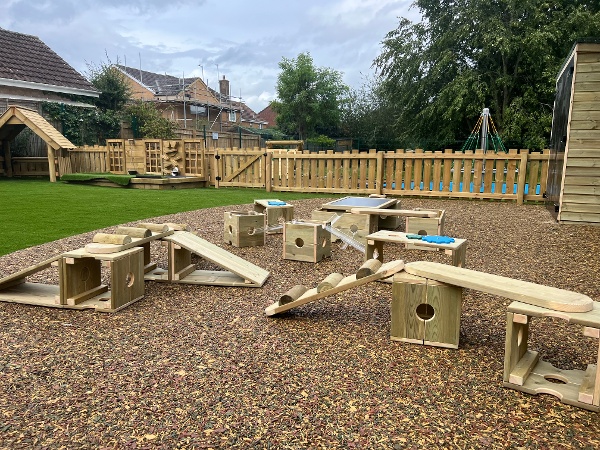
Play as a Learning Tool in Nursery Schools
Nursery schools effectively employ play to aid language acquisition, numeracy skills, and scientific understanding. For instance, a make-believe shop can become a learning lab for counting, or a dramatic play corner can provide the language-rich context necessary for communication skills to bloom.

Final Thoughts
From fostering emotional well-being to honing cognitive skills, the tonic of play is vast and varied. It's in the sandpit of the playground that children learn to build not just castles, but also the foundation of their mental health. Contact us to see how we can help with your next playground project.
Explore our 2024 brochure to see our latest designs and offerings, or book a preliminary chat with us to discuss your playground needs.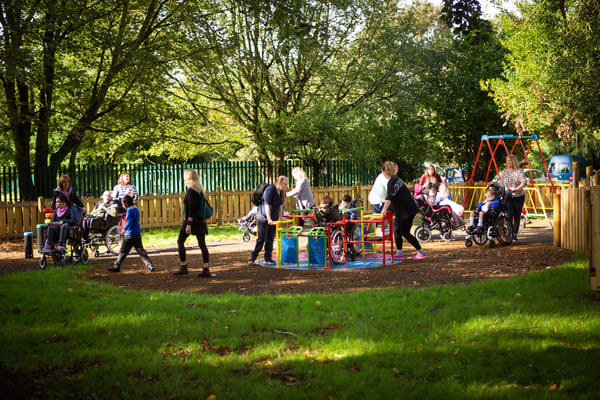
Originally published May 15, 2024 11:35:22 AM , updated May 15, 2024





